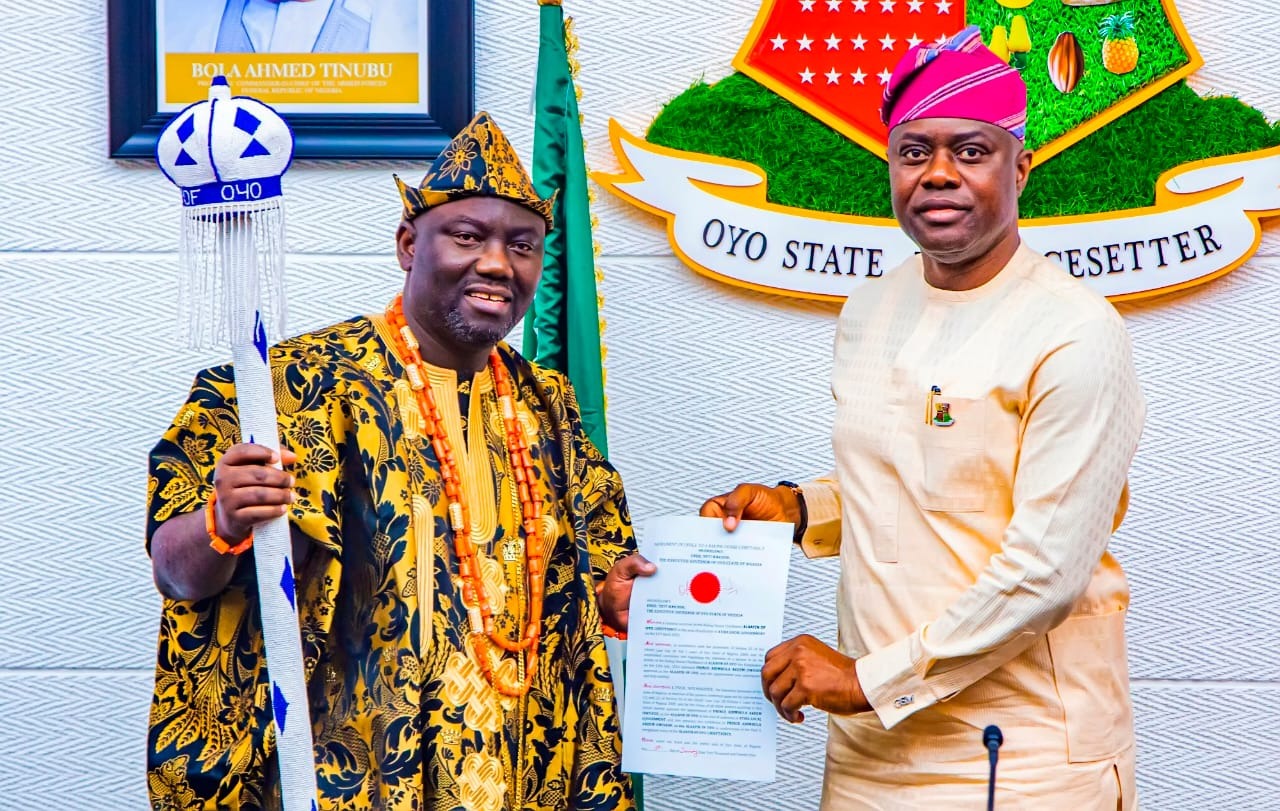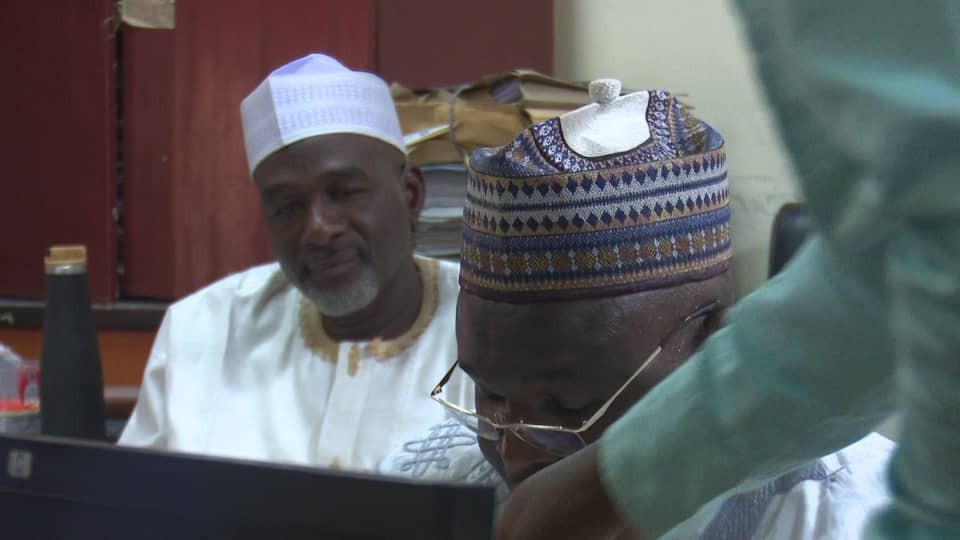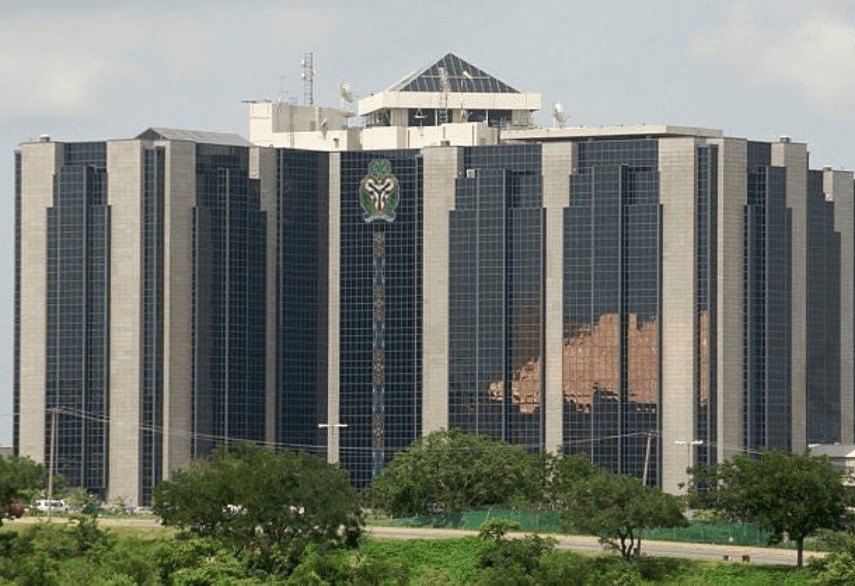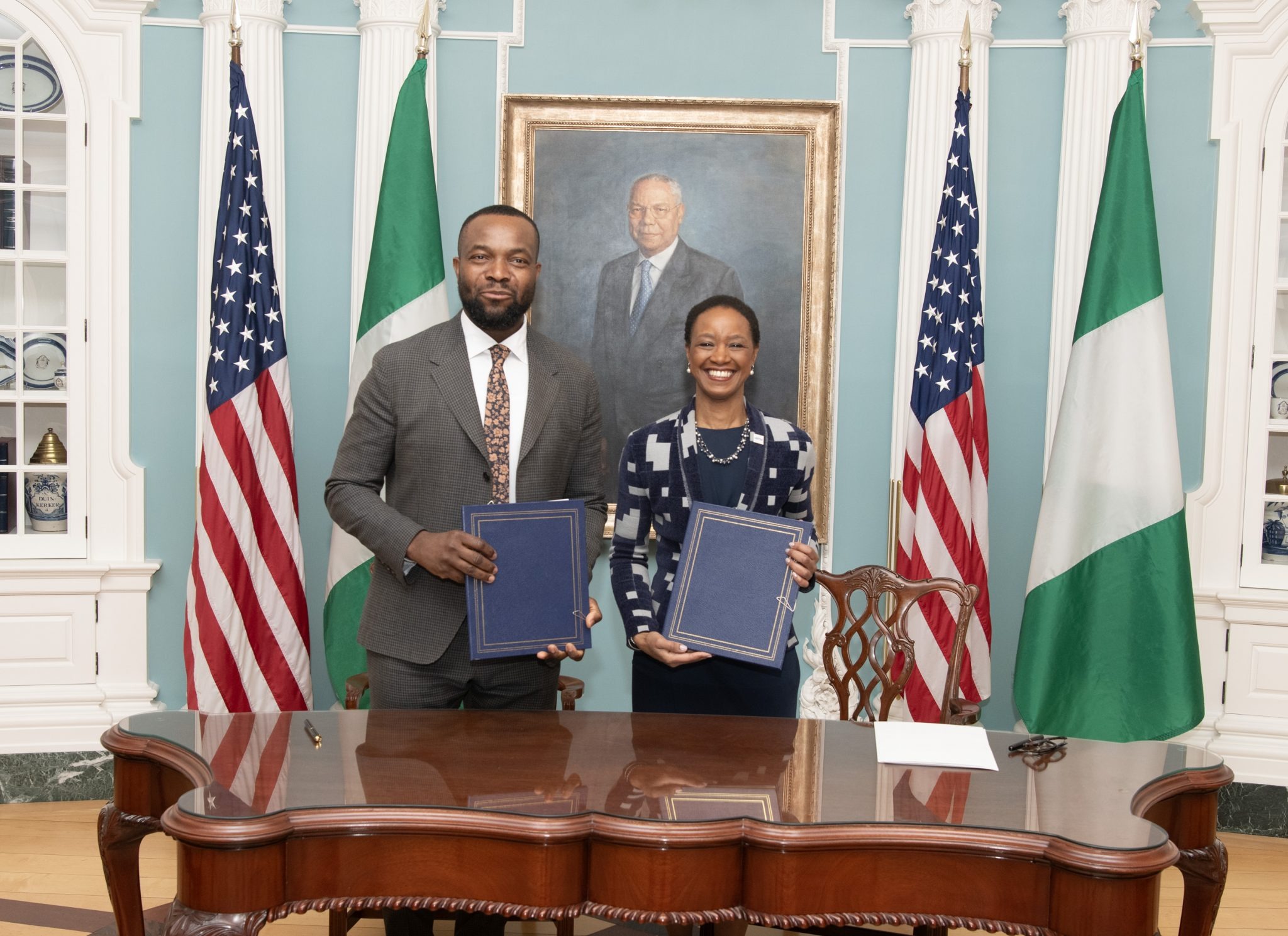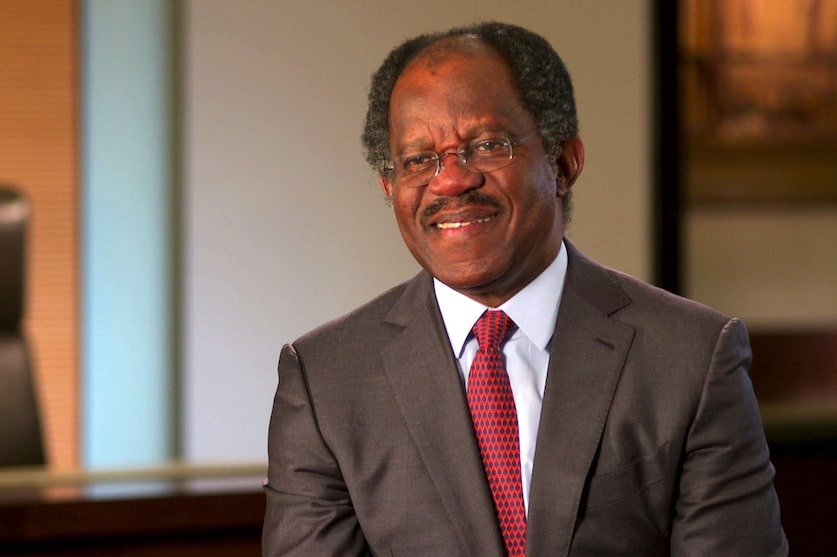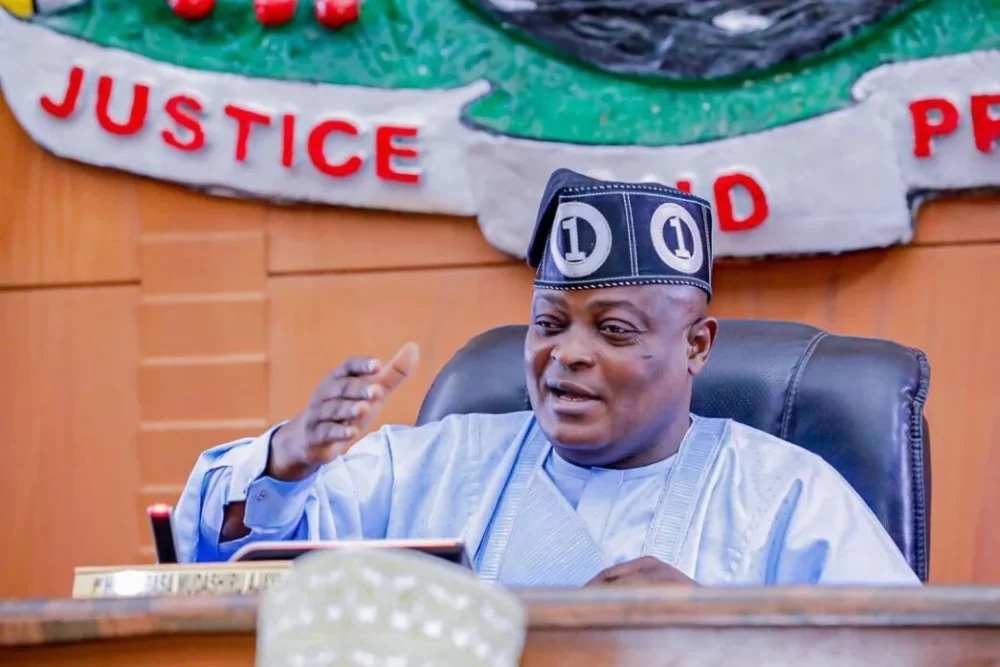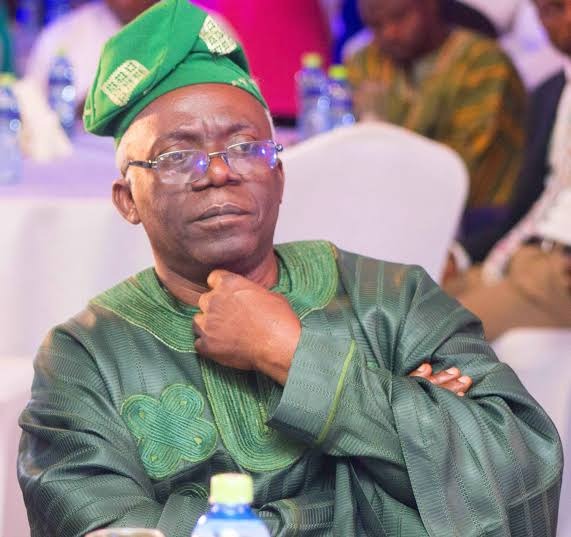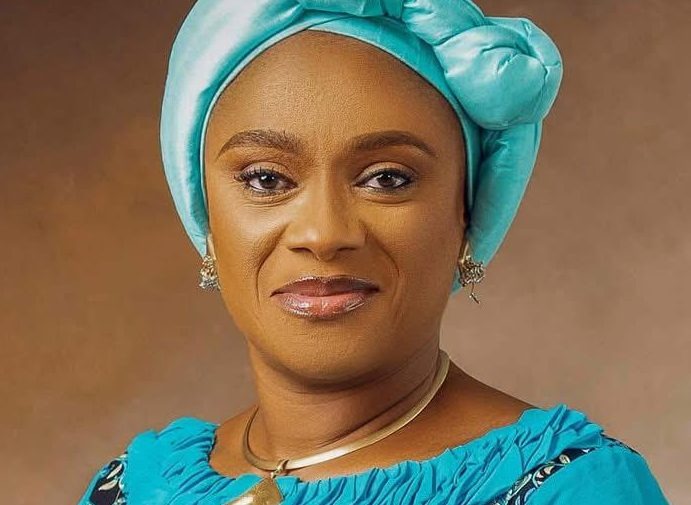The African Energy Chamber (AEC) anticipates a significant surge in African oil production in 2025, with Nigeria and Angola leading the charge. In its “State of African Energy 2025 Outlook,” the AEC projects that West Africa will spearhead this growth, increasing oil output from the current 6.5 million barrels per day (bpd) to nearly 7 million bpd by year’s end.
Nigeria’s Pivotal Role in 2025 Oil ProductionBonga North ProjectGovernment ReformsComment
“West Africa continues to remain the major driver of oil supply, producing around 3.7 million bpd of oil currently. With sustained production from Angola and a recovery from Nigeria, the region could produce between 3.8 – 3.9 million bpd,” the Outlook states. This projected growth will contribute significantly to Africa’s overall oil production, estimated to reach 3.39 million bpd in 2025, representing approximately 8% of global oil supply.
Nigeria’s Pivotal Role in 2025 Oil Production
Nigeria, Africa’s largest crude oil producer, holds the key to unlocking this projected growth. However, several challenges must be overcome.
Curbing Oil Theft and Pipeline Vandalism: The AEC emphasizes the critical need to curtail rampant oil theft and pipeline vandalism, a persistent issue that has significantly impacted Nigerian oil production. These activities not only disrupt production but also pose a significant economic burden on the nation. According to Senate estimates, oil theft cost Nigeria $23 million daily in 2022 and a staggering $1.43 billion in March 2023 alone.
Security and Stability: The report also highlights the importance of a stable environment in Sudan, which directly impacts oil production in South Sudan.
Despite these challenges, Nigeria has demonstrated encouraging progress. Recent data from Bloomberg reveals that the country’s oil production has surpassed the 1.5 million bpd threshold, exceeding its OPEC quota. This marks a significant achievement, considering the production cap of 1.3 million bpd in 2023.
Bonga North Project
The $5 billion Final Investment Decision (FID) for the Bonga North deep-water project by Shell Nigeria Exploration and Production Company Limited (SNEPCo) signals a significant step towards sustaining Nigeria’s oil and gas output. This project, located off the Nigerian coast, aims to connect to the existing Bonga FPSO facility, adding 16 new wells and enhancing production capacity.
“As a key project for Nigeria, Bonga North aims to sustain oil and gas output at the Bonga facility,” explains SNEPCo. The field holds an estimated recoverable resource of over 300 million barrels of oil equivalent (boe) and is projected to achieve a peak production of 110,000 barrels of oil per day, with first oil expected by the end of the decade.
The Nigerian government has taken proactive steps to improve the investment climate in the oil and gas sector.
“We have also eliminated bureaucratic bottlenecks in licensing, facilitated capacity building for indigenous players, and introduced numerous reforms too extensive to list,” stated Heineken Lokpobiri, Minister of State for Petroleum Resources (Oil), on X. These reforms aim to create a more conducive environment for investors and encourage further development within the sector.
Nigeria’s role in driving African oil production growth in 2025 is undeniable. However, sustained success hinges on effectively addressing the challenges of oil theft and pipeline vandalism. By implementing robust security measures, fostering a stable environment, and attracting significant investments like the Bonga North project, Nigeria can unlock its full oil production potential and contribute significantly to Africa’s energy future.
